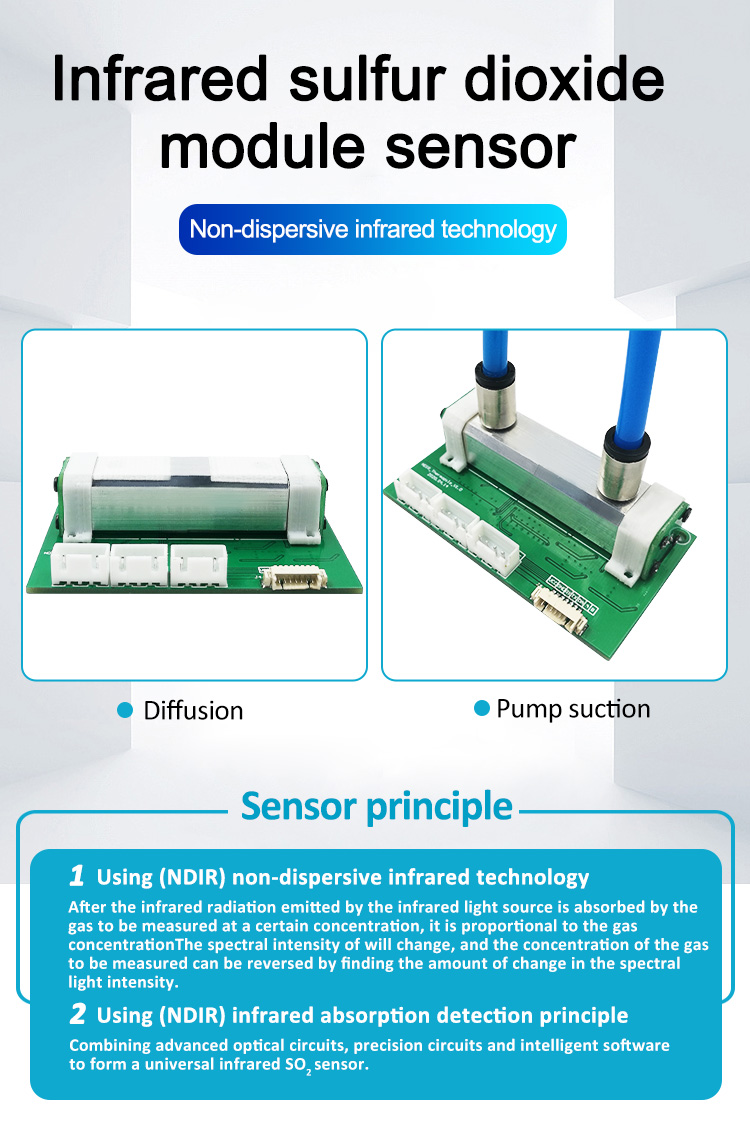Cl2 gas sensor
One of the most common ways to detect chlorine gas is through the use of Cl2 gas sensor. However, with so many different types of Cl2 gas sensors on the market, choosing the right one can be a challenge. In this article, we will discuss the importance of choosing the right type of Cl2 gas sensor and the factors to consider when making this decision.
Types of Cl2 Gas Sensors
There are various types of Cl2 gas sensors available on the market, each with its own advantages and disadvantages. Some of the most popular types of Cl2 gas sensors include:
Electrochemical Sensors:

Electrochemical sensors use electrodes to detect the presence of chlorine gas. They are highly sensitive and can detect low levels of chlorine gas. However, they can be affected by other gases in the environment and require frequent calibration.
Colorimetric Sensors:
Colorimetric sensors use a reactive chemical to produce a color change when exposed to chlorine gas. They are easy to use and do not require any special equipment. However, they are not as sensitive as electrochemical sensors and do not provide real-time monitoring.
Infrared Sensors:

Infrared sensors detect the presence of chlorine gas by analyzing the absorption of infrared light. They are highly accurate and do not require frequent calibration. However, they are generally more expensive than other types of sensors.
Factors to Consider When Choosing a Cl2 Gas Sensor:
When choosing a Cl2 gas sensor, there are several factors that need to be considered, including:
Sensitivity:
The sensitivity of the sensor is an important factor to consider. If the sensor is not sensitive enough, it may not detect low levels of chlorine gas, which could be dangerous. On the other hand, if the sensor is too sensitive, it may be triggered by other gases in the environment, leading to false alarms.
Response Time:
The response time of the sensor is another important factor to consider. If the response time is too slow, it may not detect sudden spikes in chlorine gas levels, which could be dangerous. On the other hand, if the response time is too fast, it may trigger false alarms.

Accuracy:
The accuracy of the sensor is also important. If the sensor is not accurate, it may provide false readings, which could lead to dangerous situations.
Environmental Factors:
The environment in which the sensor will be used is also an important factor to consider. For example, if the sensor will be used in a humid environment, it may be affected by moisture, which could affect its accuracy.
Conclusion
Choosing the right type of Cl2 gas sensor is crucial for ensuring the safety of workers and the public. When making this decision, it is important to consider factors such as sensitivity, response time, accuracy, and environmental factors. By taking these factors into account, you can choose a Cl2 gas sensor that will provide reliable and accurate monitoring of chlorine gas levels.